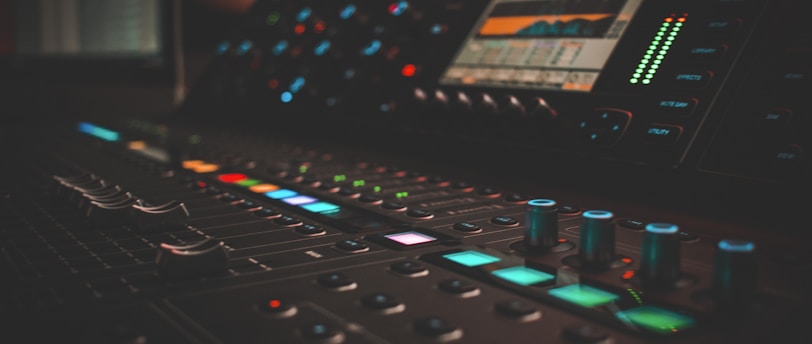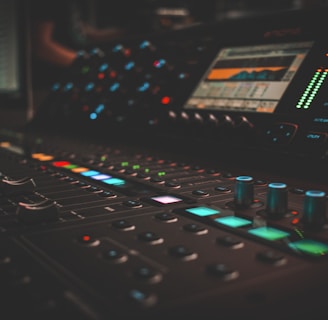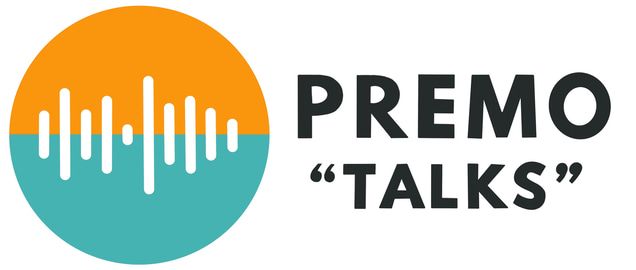AI in Music: Progress or Pitfall? The Debate Over Technology’s Role in Creativity
AI in Music: Innovation or Intrusion? The Battle for Creativity Begins.
AI
Harriet Comley
3/1/20254 分钟阅读


On the 25th of February 2025, more than 1,000 musicians—including Annie Lennox, Kate Bush, and Damon Albarn—released a rebellious silent album in direct protest to the UK government's proposed changes in copyright law. This law will make it easier for AI companies to train models using copyrighted work without a license.
Copyright disputes in music have long sparked courtroom battles, from the 2015 "Blurred Lines" case—where Marvin Gaye’s estate won against Robin Thicke, Pharrell Williams, and T.I.—to Ed Sheeran’s victory in the lawsuit claiming his hit "Shape of You" (2017) copied Gaye's "Let's Get It On" (1973). But with AI becoming increasingly embedded in the music industry, will we still be suing fellow artists, or will the next courtroom battle be against AI itself?
A global study commissioned by CISAC (International Confederation of Societies of Authors and Composers) predicts that the music industry could face a 24% revenue loss, while the audiovisual sector may lose 21% of its income. Meanwhile, AI-generated services in these industries are expected to reach €9 billion by 2028.
Do we stand a chance against AI, or should we just embrace the "if you can't beat 'em, join 'em" mindset? Does AI lower the barrier for raw talent to break into the music industry? Can an AI-created song truly be considered art, or does it undermine the value of human creativity? Does AI in music challenge the belief that only human-made creations are "real" art?
Where do you stand on this issue?
I’ll be honest—when AI first started creeping into our lives, I was totally against it. As a writer, a lover of human connection, and a sociologist, I instinctively resisted the idea of machines taking over tasks that felt so deeply human. I guess you could say I’m a bit of a traditionalist—I love handwritten letters, the feeling of being immersed in nature, and the beauty of a childhood spent exploring the real world rather than relying on machines to do everything for us.
But here’s the thing—I’m not blind to AI’s benefits. And I must give credit where it’s due: our host at PremoTalks, Jim Supremo, has slowly chipped away at my scepticism. He’s made me see that, when used the right way, AI can enhance our lives rather than diminish them. So, while I may not be its most enthusiastic advocate, I’ve reached a point where I can acknowledge that embracing AI—thoughtfully and intentionally—might be more of a gain than a loss, both for individuals and for society as a whole.
That said, I still stand firm in my belief that AI should always be developed with people in mind—serving us, not replacing us. Because at the end of the day, technology should work for humanity, not strip away what makes us human.
As for AI in music, Jim Supremo still has some work to do to win me over. After all, isn’t the true magic of music in its uniqueness—its raw, personal, and deeply emotional connection to the artist? Can AI really emulate this? Even if it can… does it deserve to?
The Positive Potential of AI in Music:
Creative Collaboration
AI is a game-changer for musicians, offering fresh ways to compose, produce, and experiment. Tools like Amper Music and Aiva are already aiding creators in film, TV, and gaming, and now AI is making its way into mainstream music. It can suggest chord progressions, harmonies, or melodies that artists might not have thought of—like having a limitless creative partner.
Music Personalisation
AI has transformed music recommendations. Platforms like Spotify and Apple Music use AI to curate playlists based on listening habits, helping listeners discover new tracks and lesser-known artists. It’s easier for you, without you even realising.
Efficiency in Production
AI streamlines music production by automating tasks like mixing and mastering. Tools like LANDR and iZotope make professional-quality production accessible to independent musicians, even without expensive gear or technical expertise.
Breaking Down Genre Boundaries
AI’s ability to blend genres—classical, jazz, EDM, and hip-hop—creates unique, genre-fluid music, pushing the limits of traditional boundaries and fostering innovation.
The Ethical and Artistic Concerns:
What Human Touch?
While AI can enhance creativity, it can’t replicate the emotional depth and nuance that human musicians infuse into their work. Music is deeply personal, often reflecting an artist’s unique experience. AI-generated music may lack that soulful quality, risking a formulaic, homogenized sound.
Impact on Musicians’ Jobs
As AI tools advance, there’s concern about job displacement within the music industry. Could AI eventually replace musicians, producers, or songwriters? How many job losses are too many? At what point will the collective care about those who are getting left behind? While it won’t fully replace the creative process, its growing role in production raises questions about the future of human labor in music and beyond.
Copyright and Ownership Issues
Who owns AI-generated music? With no clear legal framework, this issue is becoming a hot topic. If AI creates a song, should the tool creator or the artist using it own the rights? This uncertainty could lead to complex intellectual property challenges.
AI and Music Authenticity
As AI becomes more involved in music creation, questions around authenticity arise. Will AI-generated music be seen as less “real” than human-made art? Despite the results being indistinguishable, some may still view AI-produced music as artificial.
AI hasn't taken over—yet. As humans, we still hold the power to decide how we use these tools. It’s essential to apply social stewardship across all areas of AI, ensuring it's harnessed for the betterment of society, rather than just for personal gain or greed.
